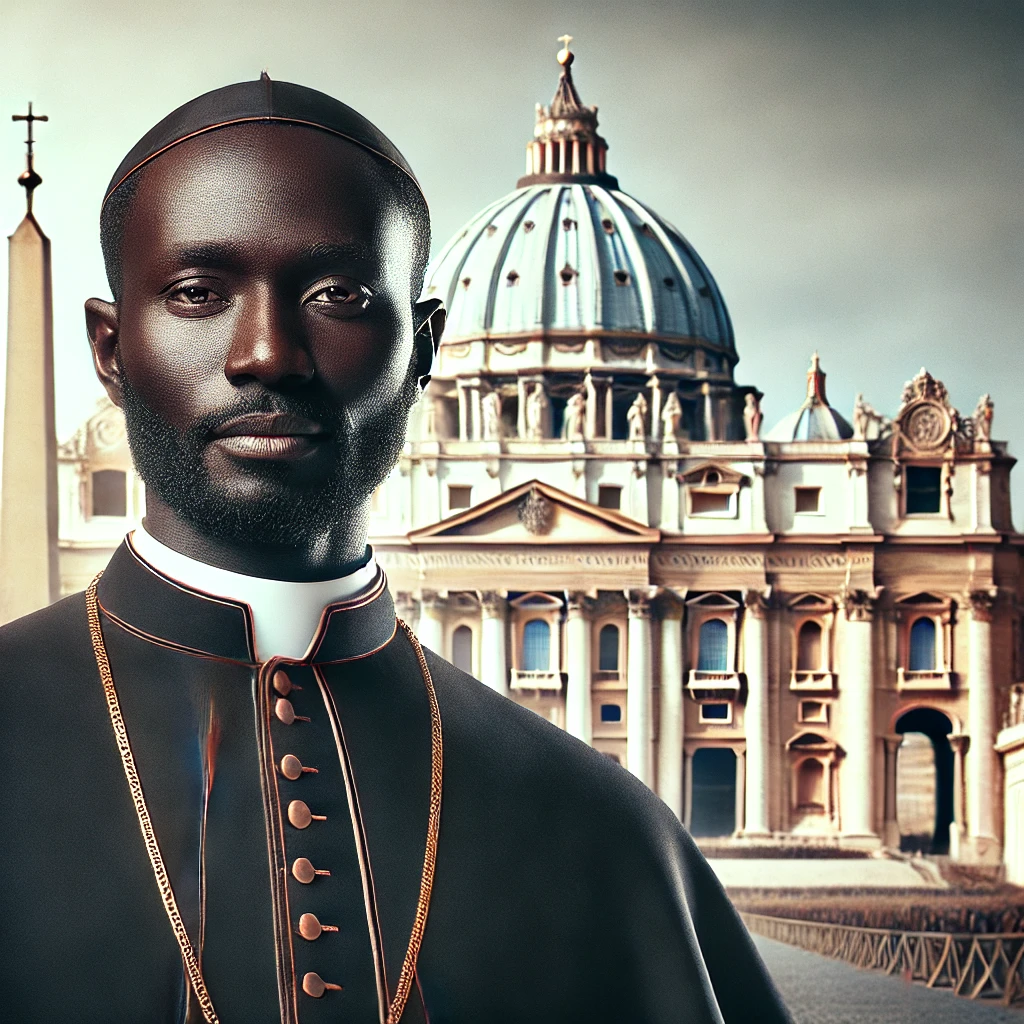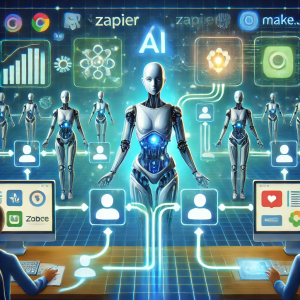In today’s rapidly evolving digital landscape, the term “woke” has become a buzzword, often associated with progressive social ideologies and movements. But when it comes to AI, particularly ChatGPT, one might wonder: Is this technology “woke”? And why do AI-generated images sometimes depict scenarios that seem unrealistic, like a Black Pope or an Asian priest in settings where they are less commonly seen?
Understanding “Woke” in the Context of AI
Before diving into the specifics, it’s essential to clarify what “woke” means. In a general sense, being “woke” refers to being aware of and actively attentive to social injustices, especially those related to race, gender, and other marginalized identities. When applied to AI, the question of being “woke” often relates to whether the AI is programmed or trained to reflect or promote these values.
ChatGPT, developed by OpenAI, is designed to be neutral and provide responses based on the data it has been trained on. However, it is also programmed with certain ethical guidelines to avoid perpetuating harmful stereotypes or biases. This doesn’t necessarily mean the AI is “woke” in a political sense, but rather that it is designed to minimize harm and provide information that aligns with general ethical standards.
Why Do AI-Generated Images Show Unrealistic Scenarios?
When you use AI to generate images, you might encounter scenarios that seem unusual or unrealistic, like seeing a Black Pope or an Asian priest. This phenomenon can be attributed to several factors:
- Diversity in Training Data:
AI models, like the ones used to generate images, are trained on vast datasets that include a wide range of images from around the world. To ensure that the AI is inclusive and doesn’t perpetuate a narrow view of society, these datasets are often curated to include diverse representations of people from various backgrounds, even in roles where they might be underrepresented in reality. - Creative Exploration:
AI models often aim to create content that is not only realistic but also imaginative. In doing so, they sometimes generate images that push the boundaries of conventional scenarios. This creative aspect is intentional, allowing AI to explore possibilities rather than just replicating the status quo. So, while a Black Pope might be an unusual sight, it’s a reflection of the AI exploring a scenario that challenges traditional expectations. - Avoiding Stereotypes:
AI developers aim to avoid reinforcing harmful stereotypes, and as a result, the models are often designed to depict a broader range of possibilities. If AI only generated images of white men in certain positions of power, it could be criticized for reinforcing historical biases. By including a more diverse array of individuals in these roles, the AI attempts to present a world that is inclusive and represents various possibilities. - User Input and Interpretation:
Often, the prompts given to AI influence the output. If a user asks for an image of a “Pope,” the AI might generate an image based on a random selection from a diverse dataset, leading to unexpected but possible scenarios. The AI doesn’t “know” that a Black Pope is unusual; it simply combines the concepts of “Pope” and “person” in a way that might defy conventional expectations.
Conclusion: The Role of AI in Shaping Perceptions
In the end, the idea of AI being “woke” is more about how the technology is designed and trained to reflect ethical considerations and diversity rather than a political stance. The unusual scenarios depicted in AI-generated images are a result of the AI’s attempt to explore diversity, avoid stereotypes, and encourage creative thinking.
As AI continues to evolve, it will likely become an even more powerful tool in challenging our perceptions and expanding our understanding of what is possible. Whether this is seen as being “woke” or simply as being inclusive and imaginative depends on one’s perspective.
I, Evert-Jan Wagenaar, resident of the Philippines, have a warm heart for the country. The same applies to Artificial Intelligence (AI). I have extensive knowledge and the necessary skills to make the combination a great success. I offer myself as an external advisor to the government of the Philippines. Please contact me using the Contact form or email me directly at evert.wagenaar@gmail.com!

